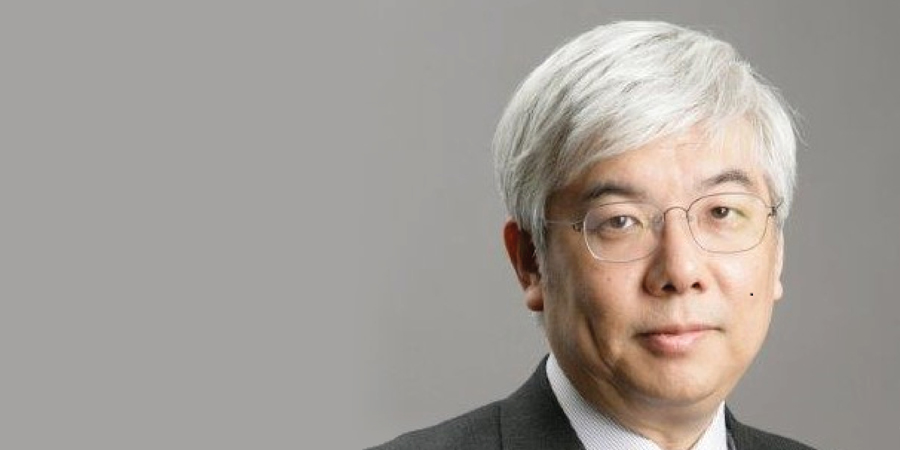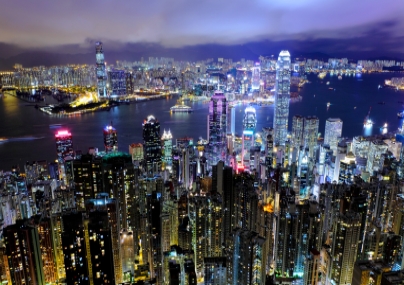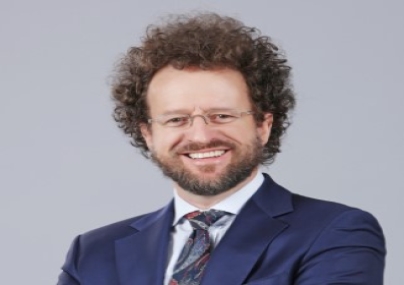
With international arbitration growing in importance in recent years, the Japanese government has announced an ambitious goal to make the country one of the major arbitration centres of Asia. The Japan Commercial Arbitration Association (JCAA) has been involved in efforts to help the government meet this goal. Masato Dogauchi, chief arbitration and mediation officer at JCAA, talks about what has been accomplished so far, and the road that lies ahead.
ALB: What have been some of your major achievements in the past few years?
MASATO DOGAUCHI: JCAA has implemented measures to make its arbitration services more appealing and to acquaint more users with the merits of JCAA arbitration.
First, we have made revisions and new additions to our arbitration rules. In 2019, we revised the JCAA’s standard set of rules, the Commercial Arbitration Rules, and introduced a new set of rules called Interactive Arbitration Rules. The latter rules make one-off arbitration more secure by allowing the parties to be informed about the tentative views of the arbitral tribunal with respect to key contested factual and legal matters. Also, we made further revisions in 2021 with the aim of offering quicker resolution at a more reasonable price for small-claims cases. For disputes of 300 million yen ($2.3 million) or less, an arbitral resolution will be rendered within six months following the appointment of the arbitrator, with the timeframe cut to within three months if the amount in dispute is 50 million yen or less.
Second, while the coronavirus pandemic has made it difficult to appear in court in person, we have gained a wealth of expertise in arranging online hearings and preparatory meetings, such as how to provide the necessary platforms and arrange appropriate interpreters. This will enable us to ensure efficient and affordable arbitration proceedings even after the pandemic.
Third, since 2019, we have been utilizing the help of external attorneys to develop online seminars to promote JCAA’s achievements and the appeal of Japan as a seat of arbitration to companies and legal practitioners within and outside Japan. We held a total of 26 seminars from 2020 to 2021, with a cumulative total of approximately 7,500 participants.
ALB: What are your important goals in the next few years, and how do you plan to achieve them?
DOGAUCHI: Our goal is, by further increasing the diversity and transparency of the JCAA, to let companies – especially foreign ones - understand the benefits of JCAA arbitration and to encourage the inclusion of JCAA arbitration clauses in their contracts even when both parties are foreign companies.
The first concrete measure toward this goal is the establishment of an International Advisory Board consisting of domestic and foreign arbitration experts. The committee will have a diverse makeup, with two-thirds of the members being foreign nationals and half of the committee members being women.
Second, although two-thirds of the approximately 400 arbitrators registered in the JCAA’s roster of candidates for arbitrator are foreign nationals, we will work to further diversify the nationalities and expertise of our candidates so that we can quickly appoint suitable arbitrators for every type of case.
Third, we plan to publish a guide of our arbitration rules that explains each provision and introduces its practical application so that arbitrators can handles proceedings smoothly under these rules.
ALB: What are your thoughts on the government’s plan to raise the profile of Japan as an arbitration hub?
DOGAUCHI: The Japanese government is strongly pushing for policies to promote international arbitration, and JCAA is working closely with this initiative in various ways so that Tokyo may become an international arbitration hub. Many measures have been implemented and more will be in due course. For instance, the law regulating foreign lawyers in Japan has been amended to ensure that they will not be impeded in providing legal services in arbitration proceedings held in Japan. Also, amendments to the Arbitration Act will give enforceability to provisional preservation measures taken by arbitral tribunals, and allow for the submission of written evidence in English to the court in such types of litigation as petitions for revocation of arbitral awards. In addition, with government funding, facilities for arbitration hearings have been established in Tokyo and Osaka.
But we have more work to do to make Japan an arbitration hub. We will find new paths to develop JCAA arbitration by seeking opinions from the market. It seems that there is room to grow in the Japanese domestic market, since the Japanese lawyers in general are not so familiar with arbitration as a reasonable way to resolve disputes.


